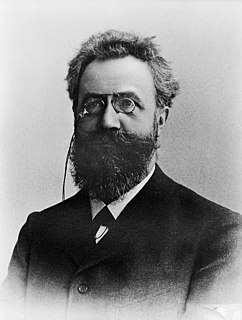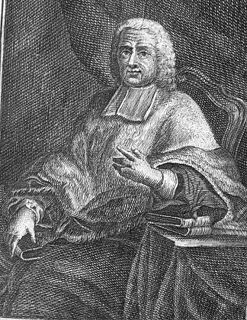A Quote by Ralph Waldo Emerson
Life has no memory. That which proceeds in succession might be remembered, but that which is coexistent, or ejaculated from a deeper cause, as yet far from being conscious, knows not its own tendency.
Related Quotes
For, the sense of being which in calm hours rises, we know not how, in the soul, is not diverse from things, from space, from light, from time, from man, but one with them, and proceeds obviously from the same source whence their life and being also proceed. We first share the life by which things exist, and afterwards see them as appearances in nature, and forget that we have shared their cause. Here is the fountain of action and of thought.
Further conceive, I beg, that a stone, while continuing in motion, should be capable of thinking and knowing, that it is endeavoring, as far as it can, to continue to move. Such a stone, being conscious merely of its own endeavor and not at all indifferent, would believe itself to be completely free, and would think that it continued in motion solely because of its own wish. This is that human freedom, which all boast that they possess, and which consists solely in the fact, that men are conscious of their own desire, but are ignorant of the causes whereby that desire has been determined.
When they made love Geryon liked to touch in slow succession each of the bones of Herakles' back as it arched away from him into who knows what dark dream of its own, running both hands all the way down from the base of the neck to the end of the spine which he can cause to shiver like a root in the rain.
It is what makes conscious of the conditions and laws of observing which applied in this manner become a theme on its own. The activity of consciousness depending on the way the work itself proceeds, becomes the subject of my attention this way and it is precisely because of this voyeuristic attitude toward the own observation and experience of the subject that the conscious analytic dimension in the work shows.
I use [Heraclitus' discovery of] enantiodromia for the emergence of the unconscious opposite in the course of time. This characteristic phenomenon practically always occurs when an extreme, onesided tendency dominates conscious life; in time an equally powerful counterposition is built up, which first inhibits the conscious performance and subsequently breaks through the conscious control.
Men are apt to mistake, or at least to seem to mistake, their own talents, in hopes, perhaps, of misleading others to allow them that which they are conscious they do not possess. Thus lord Hardwicke valued himself more upon being a great minister of state, which he certainly was not, than upon being a great magistrate, which he certainly was.
To the man who is truly ethical all life is sacred, including that which from the human point of view seems lower in the scale. He makes distinctions only as each case comes before him, and under the pressure of necessity, as, for example, when it falls to him to decide which of two lives he must sacrifice in order to preserve the other. But all through this series of decisions he is conscious of acting on subjective grounds and arbitrarily, and knows that he bears the responsibility for the life which is sacrificed.
The Americans who went to Europe to die are a unique breed.... (They) crossed the seas to a foreign land to fight for a cause which they did not pretend was peculiarly their own, which they knew was the cause of humanity and mankind. These Americans gave the greatest of all gifts, the gift of life and the gift of spirit.
The most desirable mode of education, is that which is careful that all the acquisitions of the pupil shall be preceded and accompanied by desire . . . The boy, like the man, studies because he desires it. He proceeds upon a plan of is own invention, or by which, by adopting, he has made his own. Everything bespeaks independence and inequality.







































